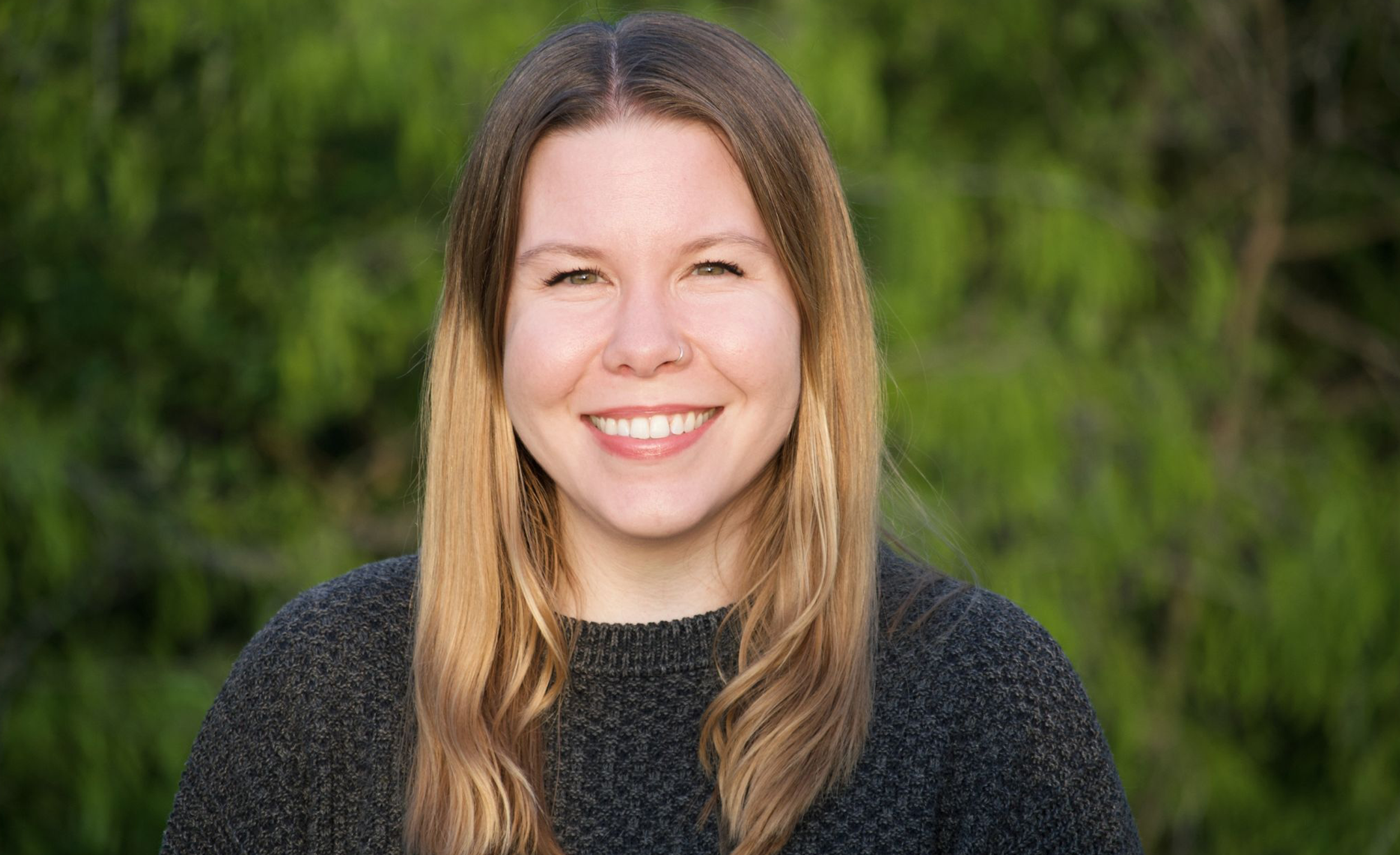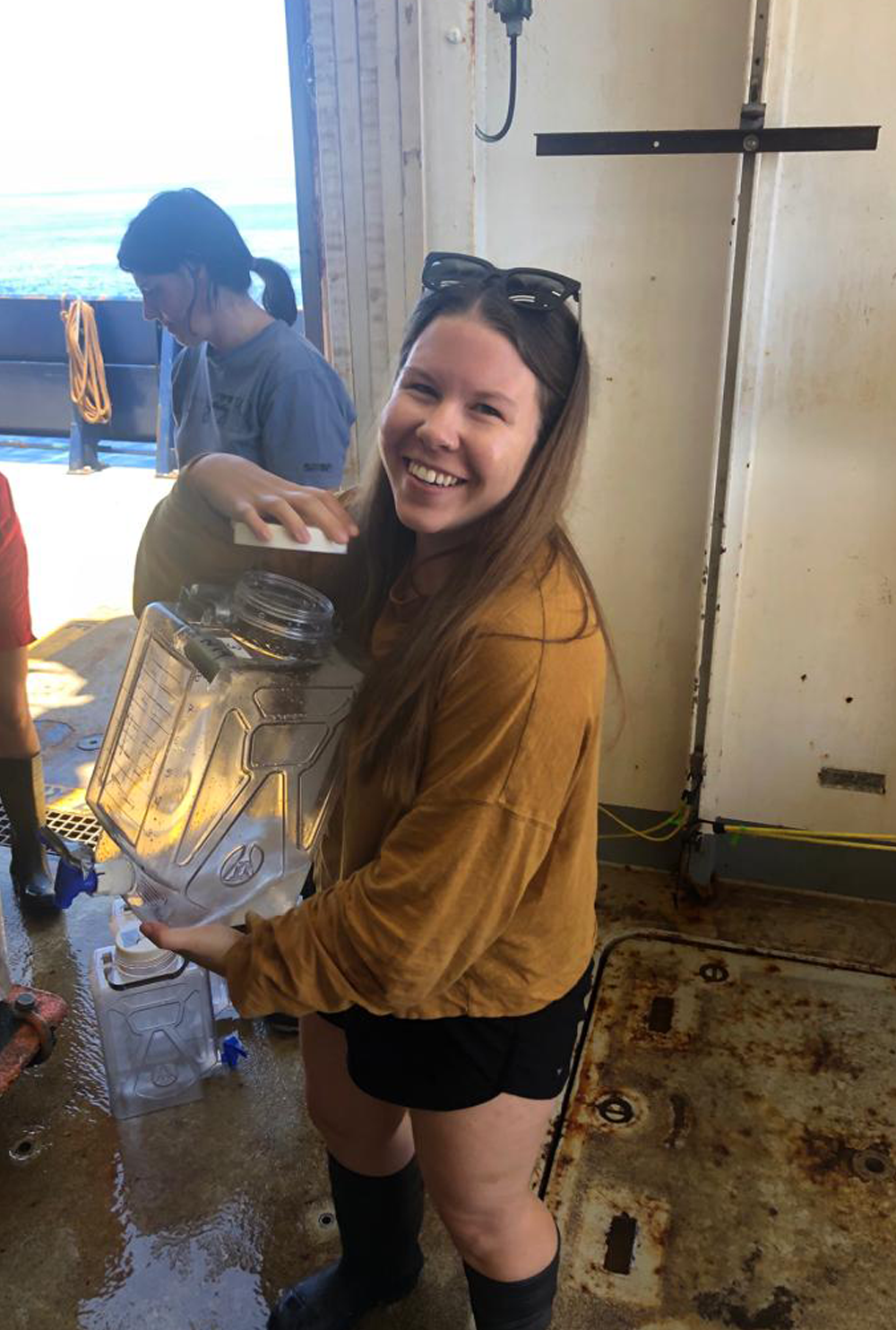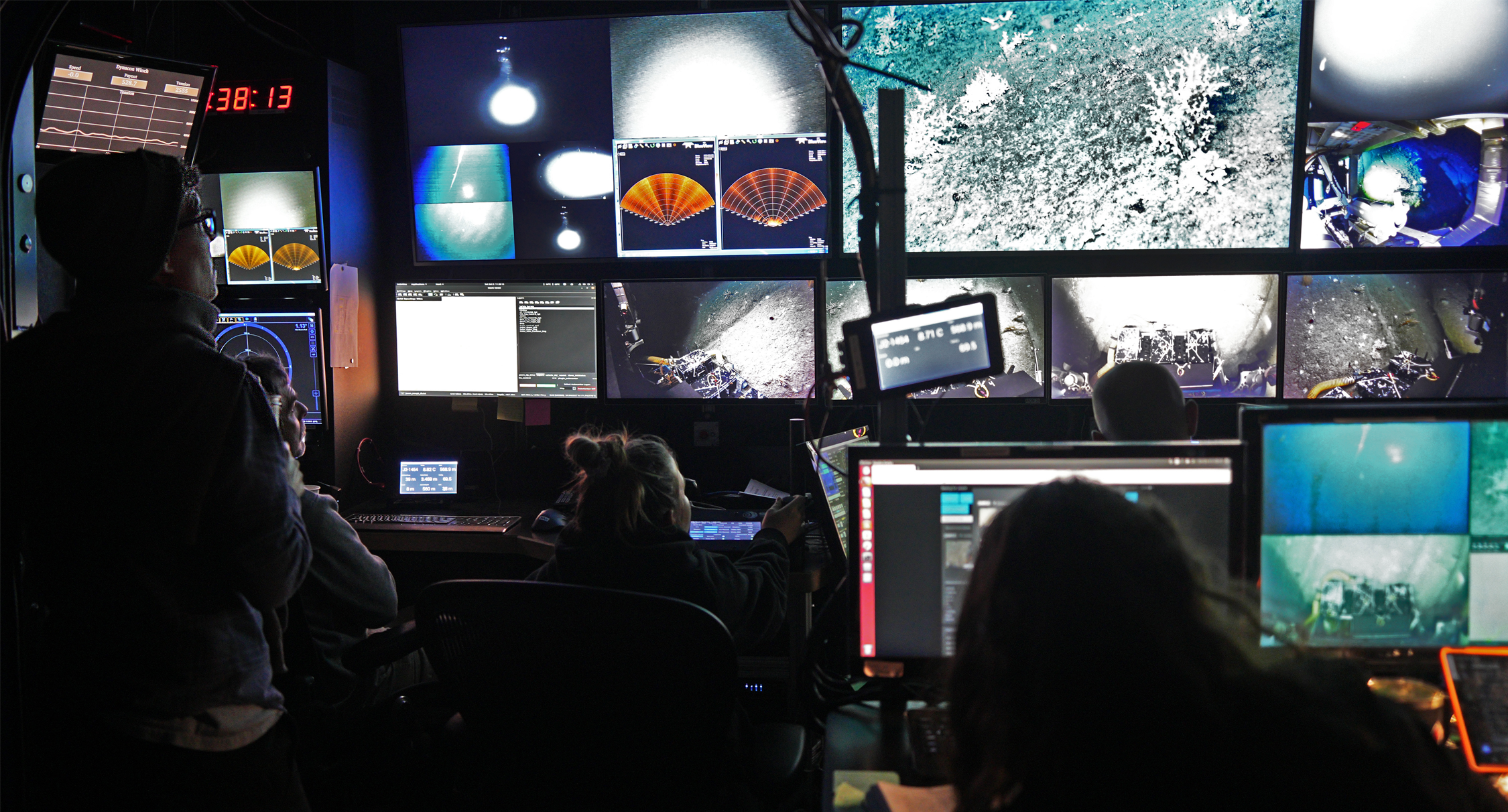
Alyssa Schultz, a Texas A&M University Geography Ph.D. candidate studying deep-sea coral geochemistry, recently became only the second Aggie geography graduate student to receive the prestigious John A. Knauss Marine Policy Fellowship.
Established by Congress in 1979 and named after former National Oceanic and Atmospheric Administration (NOAA) Administrator John A. Knauss, this fellowship is designed to provide early-career scientists, geographers and policy professionals with firsthand experience at the intersection of science and national policymaking in Washington, D.C. Since its inception, the Knauss Fellowship has supported over 1,680 participants who have gone on to shape public policy in fields such as ocean and coastal management.
“To have been selected for this fellowship is an honor, and I am so proud to represent the Department of Geography in the marine policy arena,” Schultz said. “Geography is such a diverse field that encourages exploration across various lenses. At Texas A&M, I’m surrounded by colleagues with interests ranging from rivers and natural hazards to geopolitics and human-environment interaction, creating an interdisciplinary environment that has been deeply inspiring.”
A Distinct Path Toward Marine Policy
Schultz’s path to the Knauss Fellowship was anything but typical. She began her academic journey at Texas A&M, focusing on wildlife and fisheries sciences, and took part in a memorable internship at the Galveston Bay Foundation. There, she worked on wetland and oyster reef restoration efforts aimed at rebuilding and protecting ecosystems that improve water quality and provide habitats for wildlife.
After some time managing an art gallery, Schultz returned to academia and pursued a Ph.D. in geography, where she ultimately found her passion for marine policy.

“Each step along my path has been invaluable, even if it didn’t always seem related at the time,” Schultz said. “The conservation work, the community engagement, even the time I spent in the art world—all of these experiences have helped me develop skills I can now apply to my Ph.D. research and my work as a Knauss Fellow.”
Schultz's research, deep-sea coral chemistry, analyzes the chemical composition of coral skeletons to uncover insights into environmental changes and the effects of human activity on these vulnerable ecosystems. She spends extensive time at sea conducting fieldwork in the remote North Pacific, where she has observed undeniable signs of human impact, including fishing debris and scars left by trawl nets on the ocean floor.
“Seeing these traces of human impact in such isolated regions shifted my perspective,” Schultz explained. “I went from pursuing science for exploration’s sake to realizing the importance of science that can drive meaningful, positive change.”
Bridging Science and Policy at NOAA
As part of her fellowship, Schultz will join NOAA’s Congressional Affairs Office within the Oceanic and Atmospheric Research division, where she will serve as a congressional affairs specialist. In this role, she will help bridge the gap between scientific research and policy by communicating NOAA’s findings to policymakers and aiding Congress in understanding critical issues related to climate change, weather and ocean health. This position is vital in Washington, D.C., where legislative decisions directly influence environmental regulations and the future of ocean and coastal protection.
“Science is at its most effective when it informs and shapes public policy,” Schultz said. “I am thrilled to have a role that allows me to help make that connection.”
Each step along my path has been invaluable, even if it didn’t always seem related at the time. The conservation work, the community engagement, even the time I spent in the art world—all of these experiences have helped me develop skills I can now apply to my Ph.D. research and my work as a Knauss Fellow.
The fellowship also gives Schultz the chance to bring together a variety of voices—resource managers, government officials and industry experts—to tackle complex issues like coastal resilience and climate adaptation. Working at the science-policy interface, she views this as a unique opportunity to combine different perspectives and work together on solutions that use scientific knowledge to guide and influence policy decisions.
Advice for Aspiring Marine Policy Advocates
The foundation Schultz built in the A&M Geography Department is helping her take the next big step in her career. She credits the department for providing a strong support system, where mentors and peers encouraged her to think critically and explore new ideas. This collaborative environment not only shaped her academic path but also opened her eyes to the wide range of possibilities in her field.

Schultz encourages other students to take advantage of these opportunities and use the resources available at Texas A&M to map out their own journeys, both during their time at the university and beyond.
“The science-policy interface is where real change can happen, and I’m grateful for the opportunity to contribute to it,” Schultz said. “I’m eager to apply my experiences at A&M to help NOAA tackle pressing environmental challenges and make a meaningful impact that bridges science and policy for the benefit of oceans, coasts, and the communities that depend on them.”

